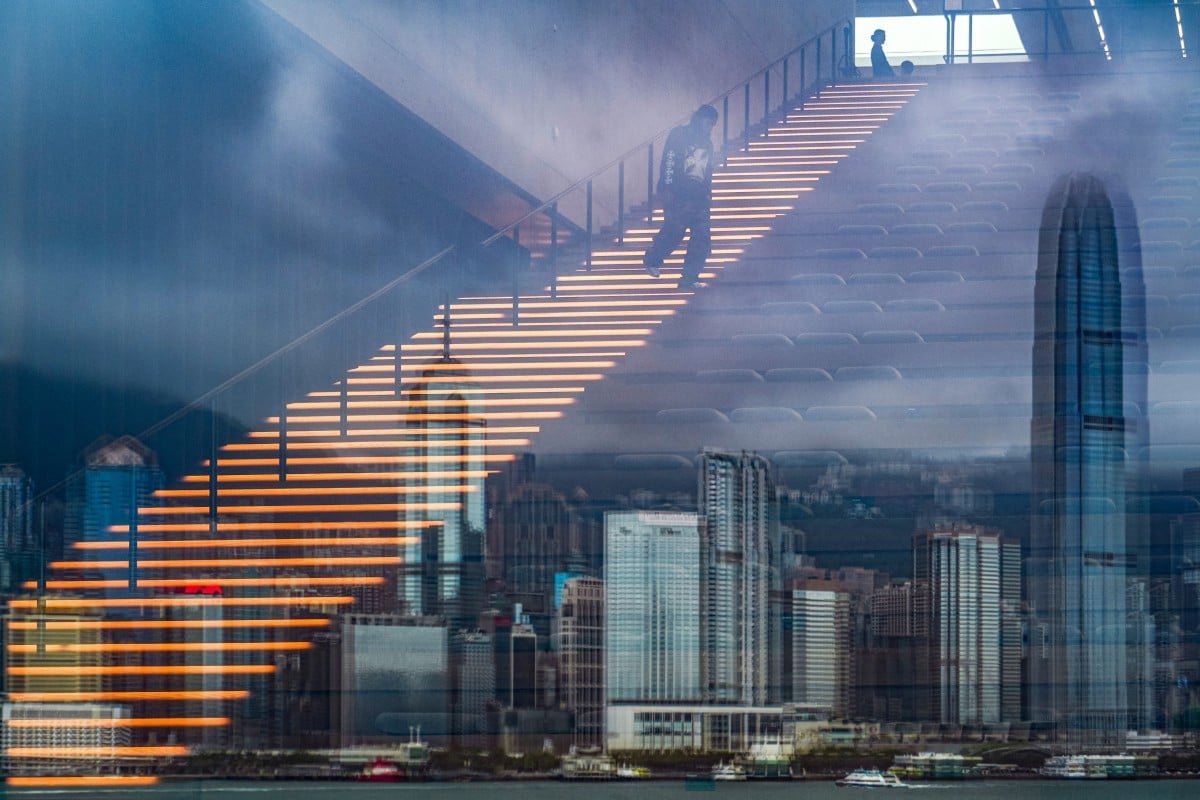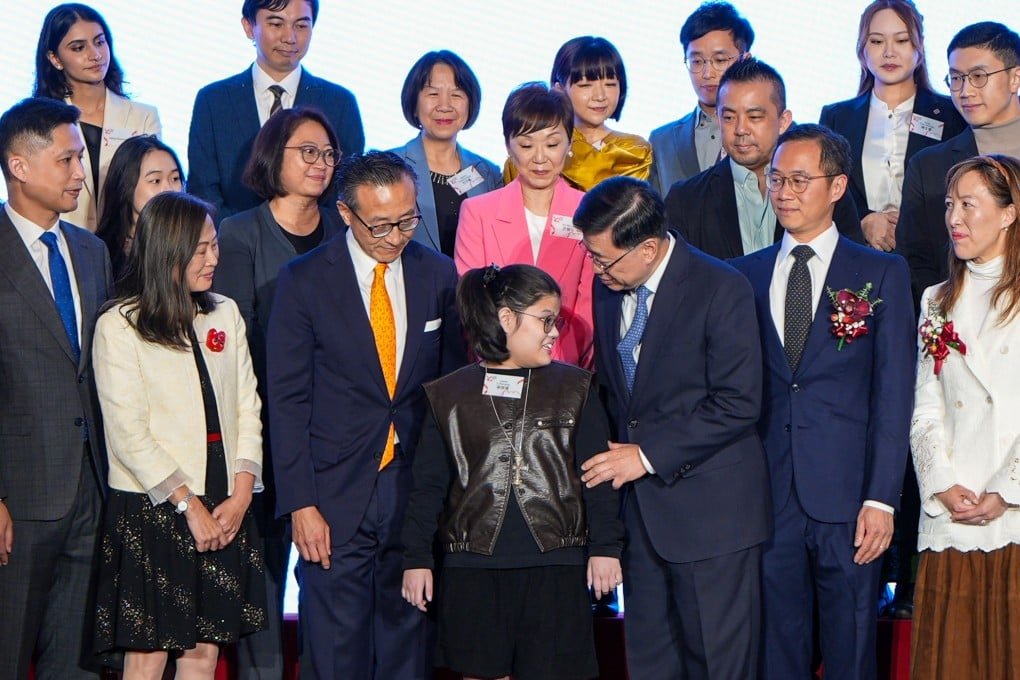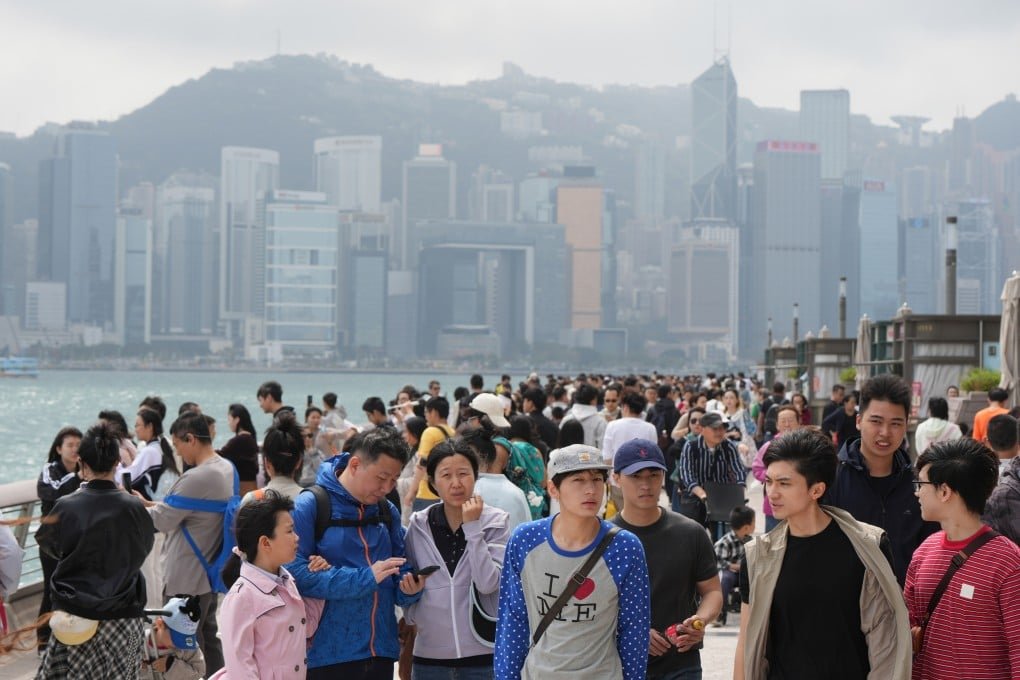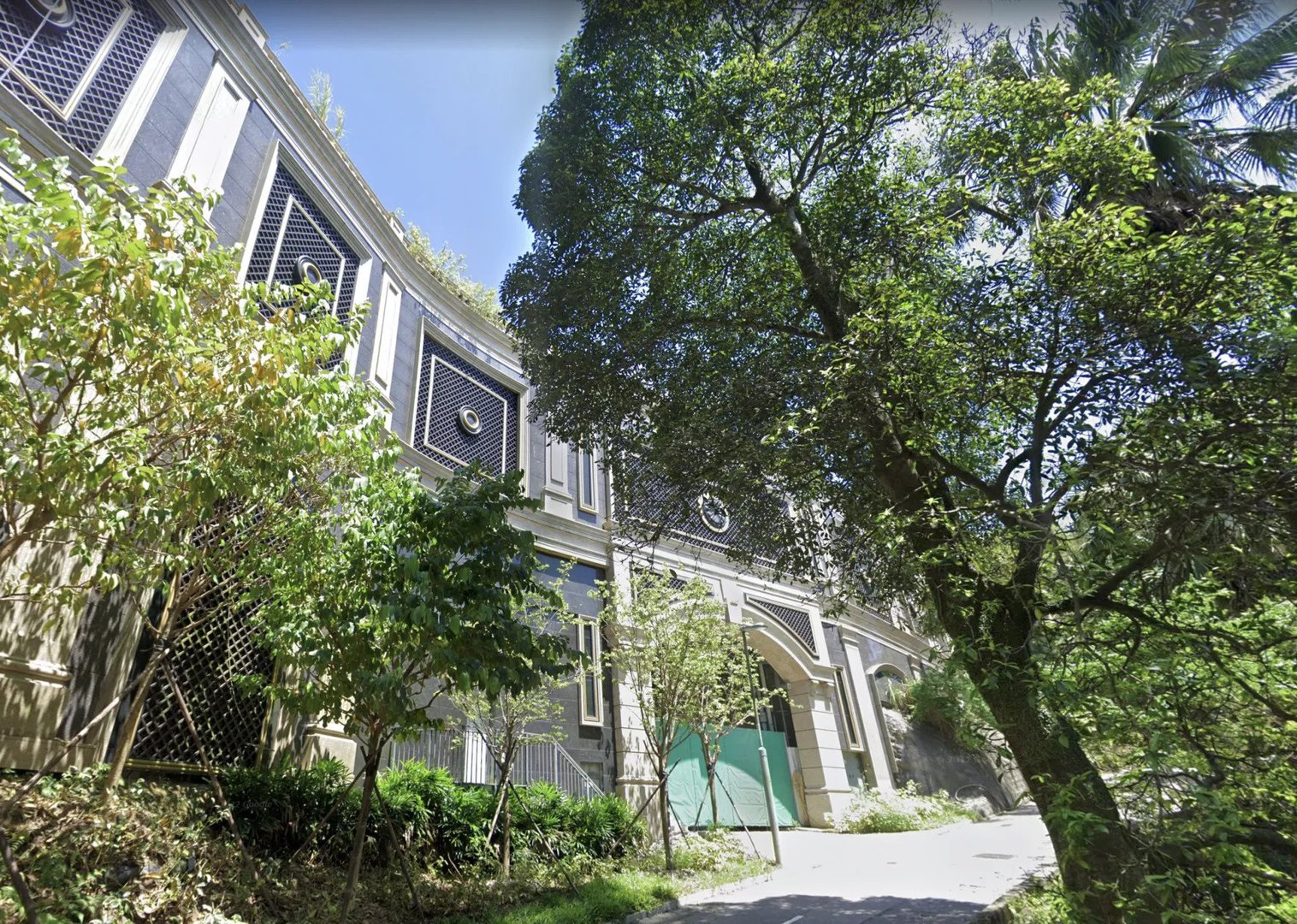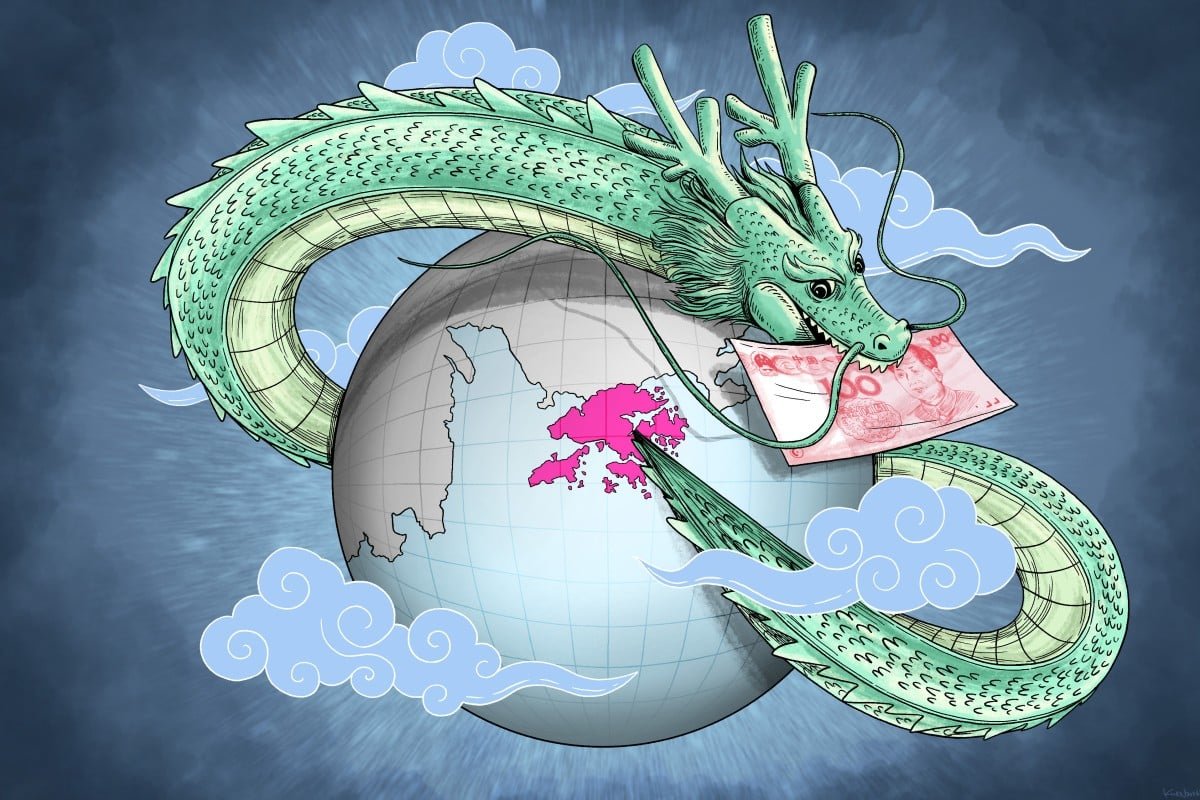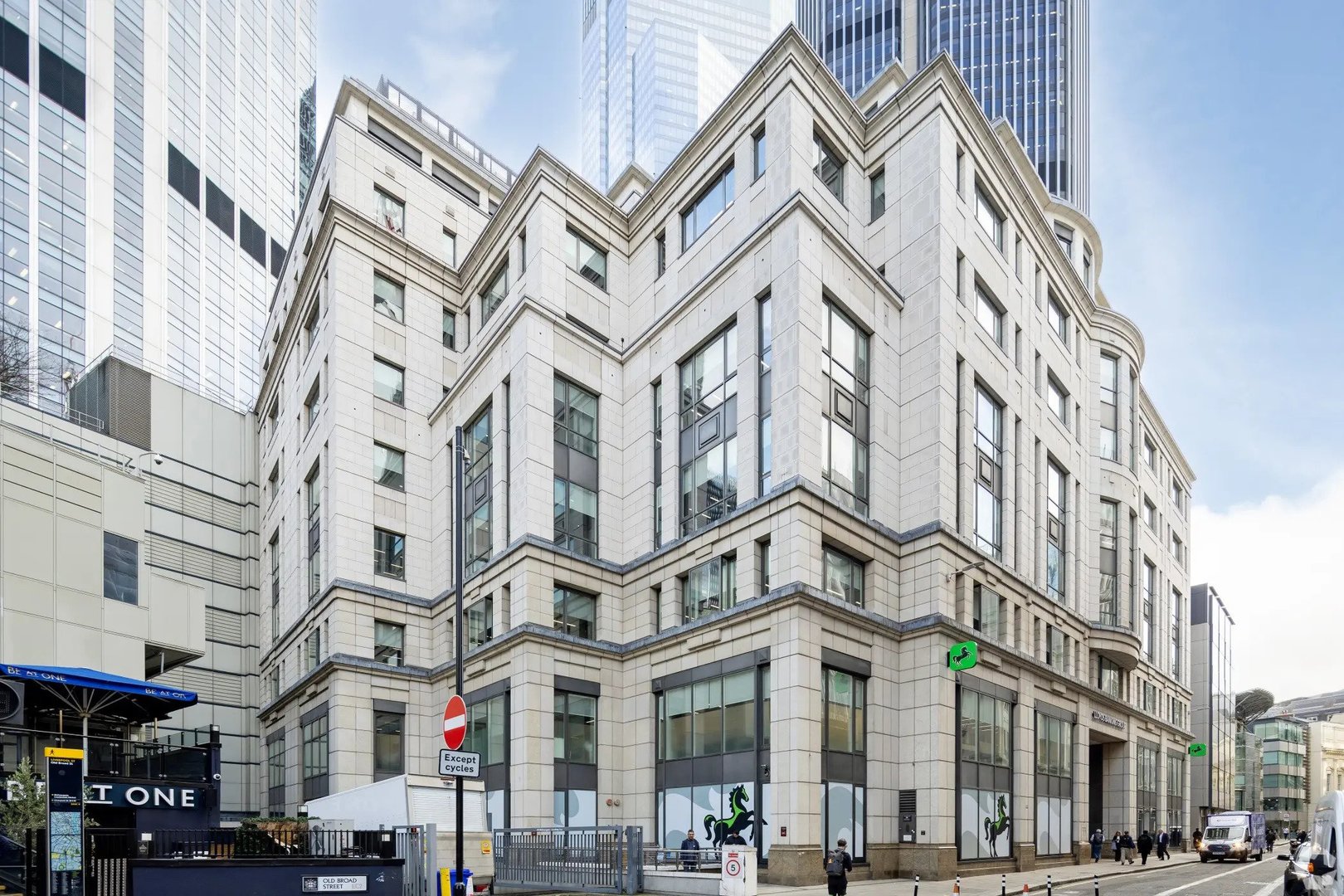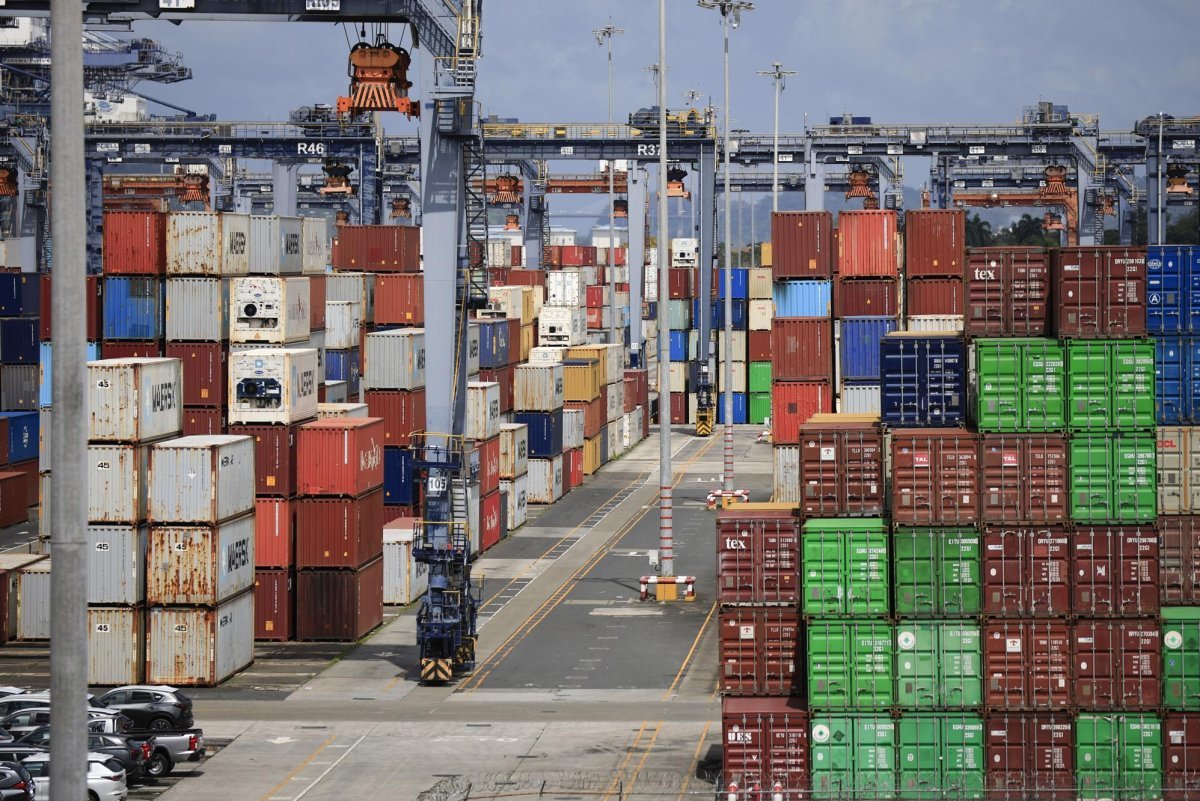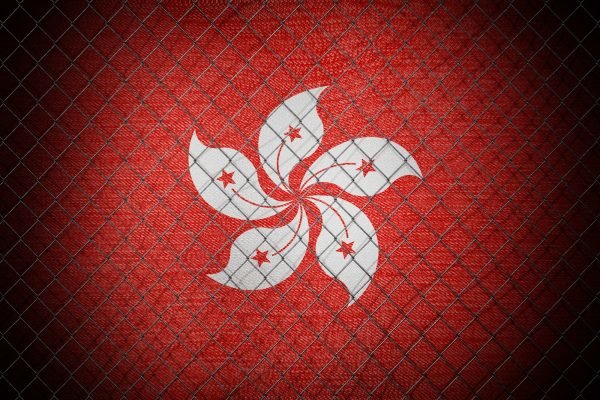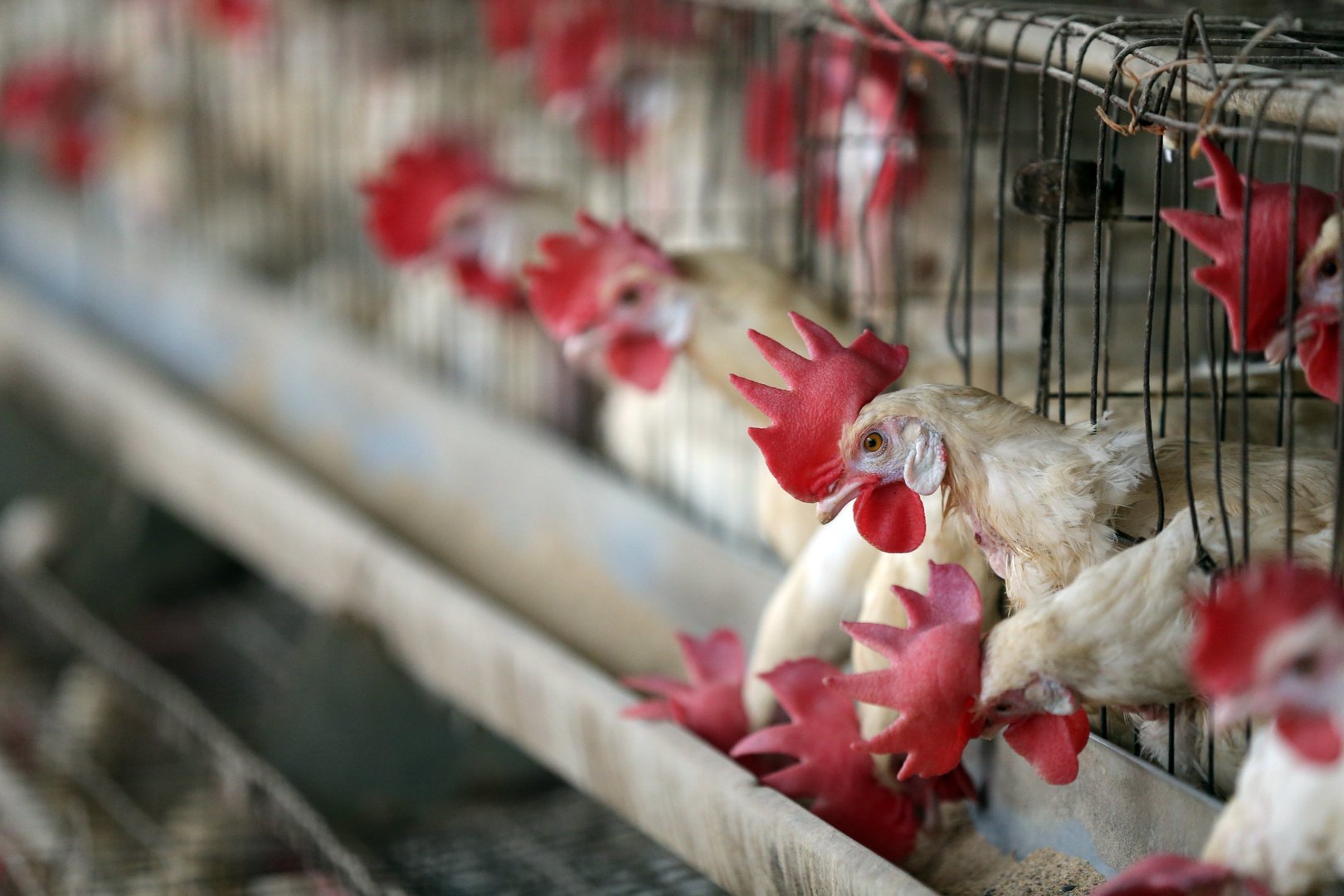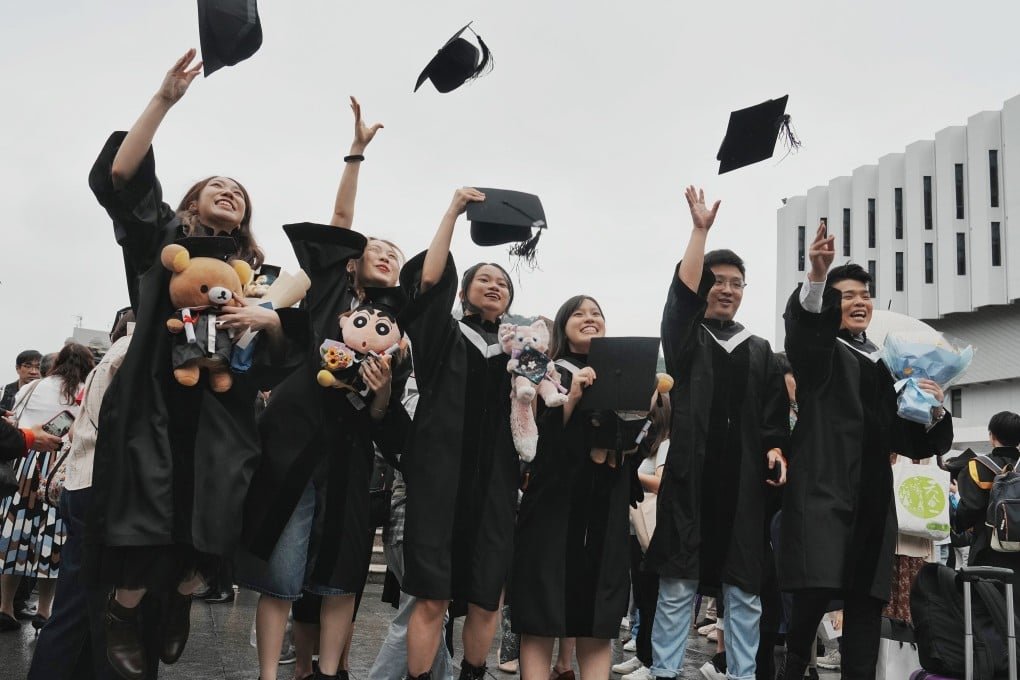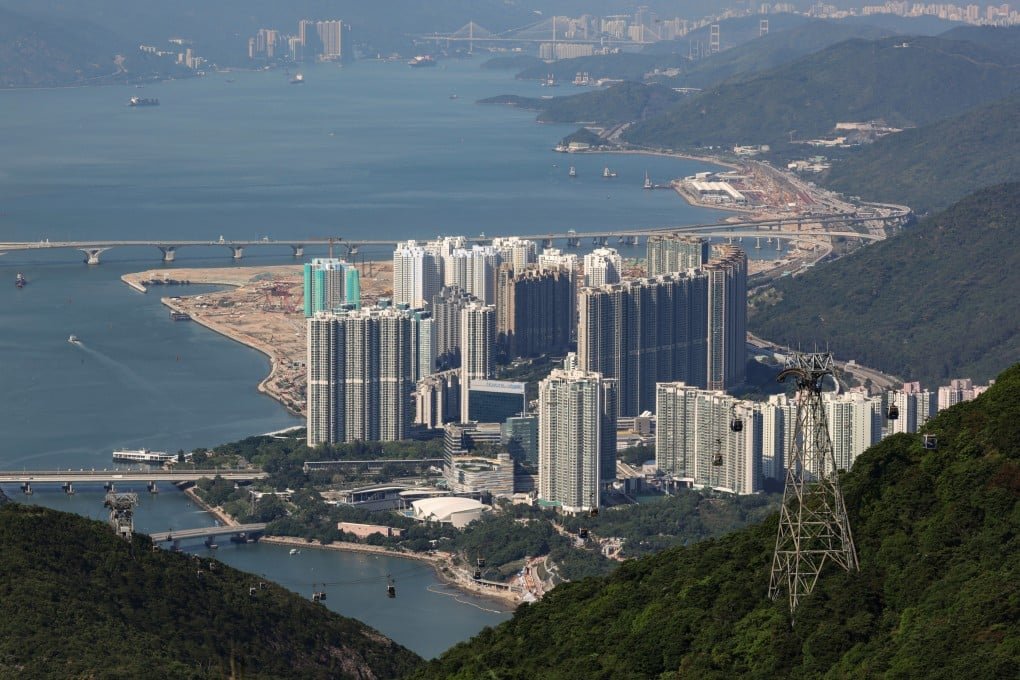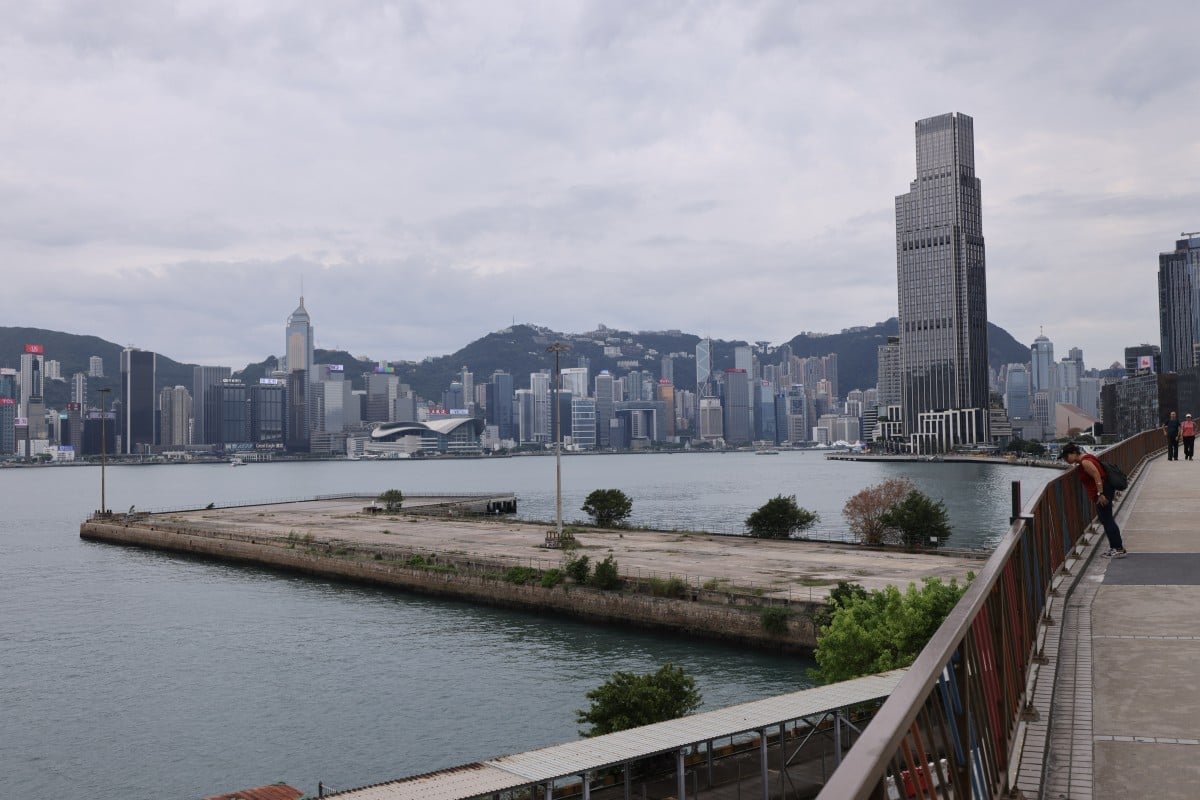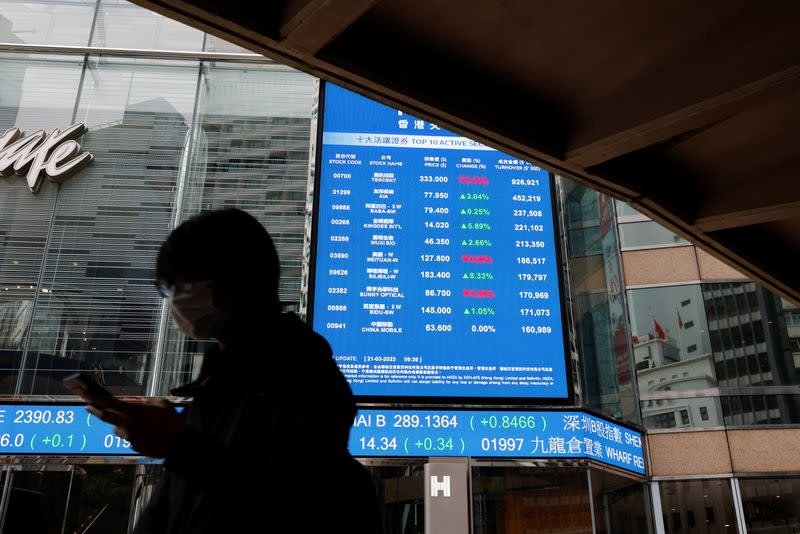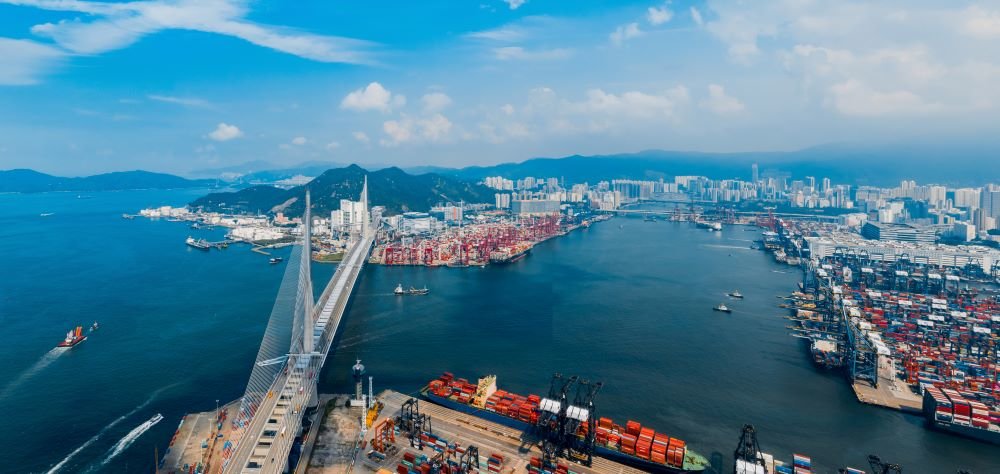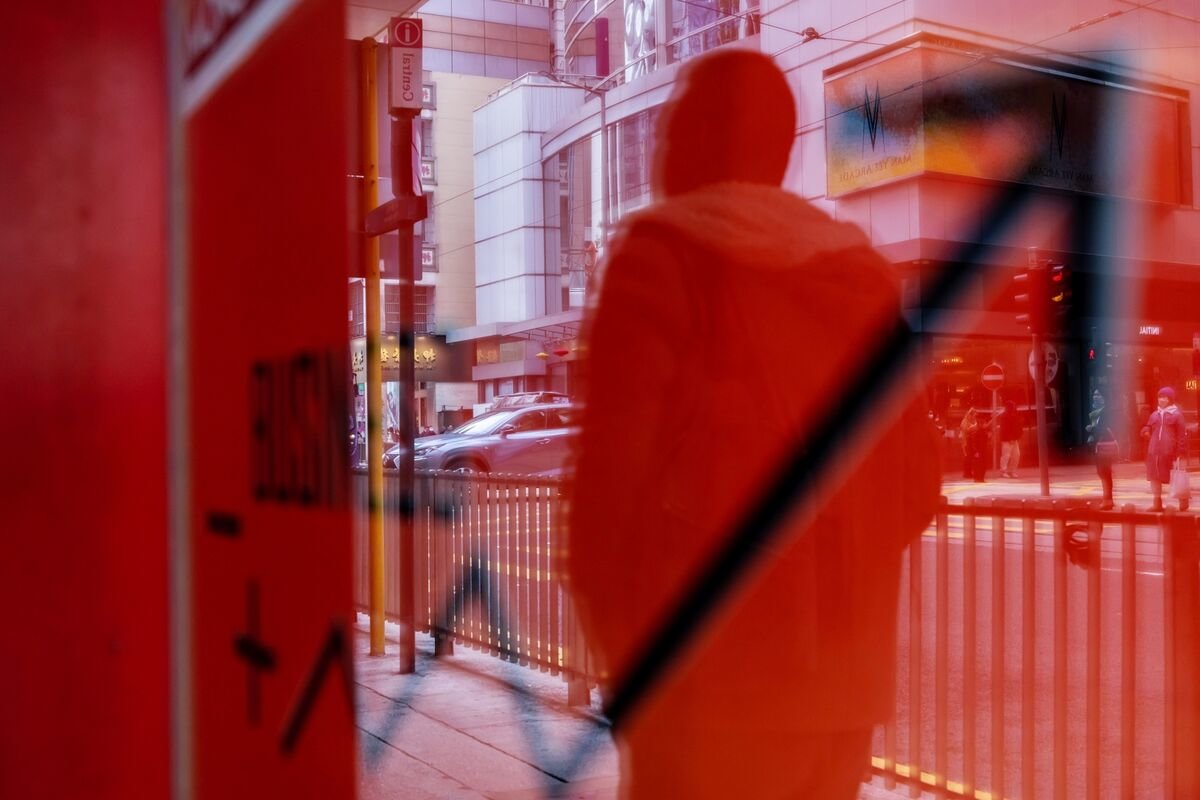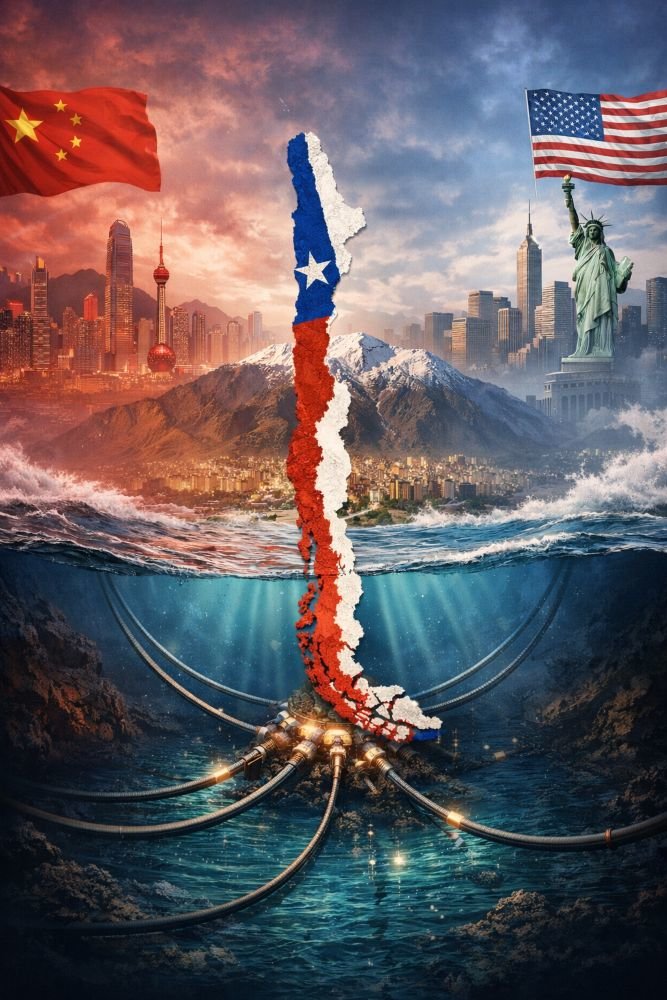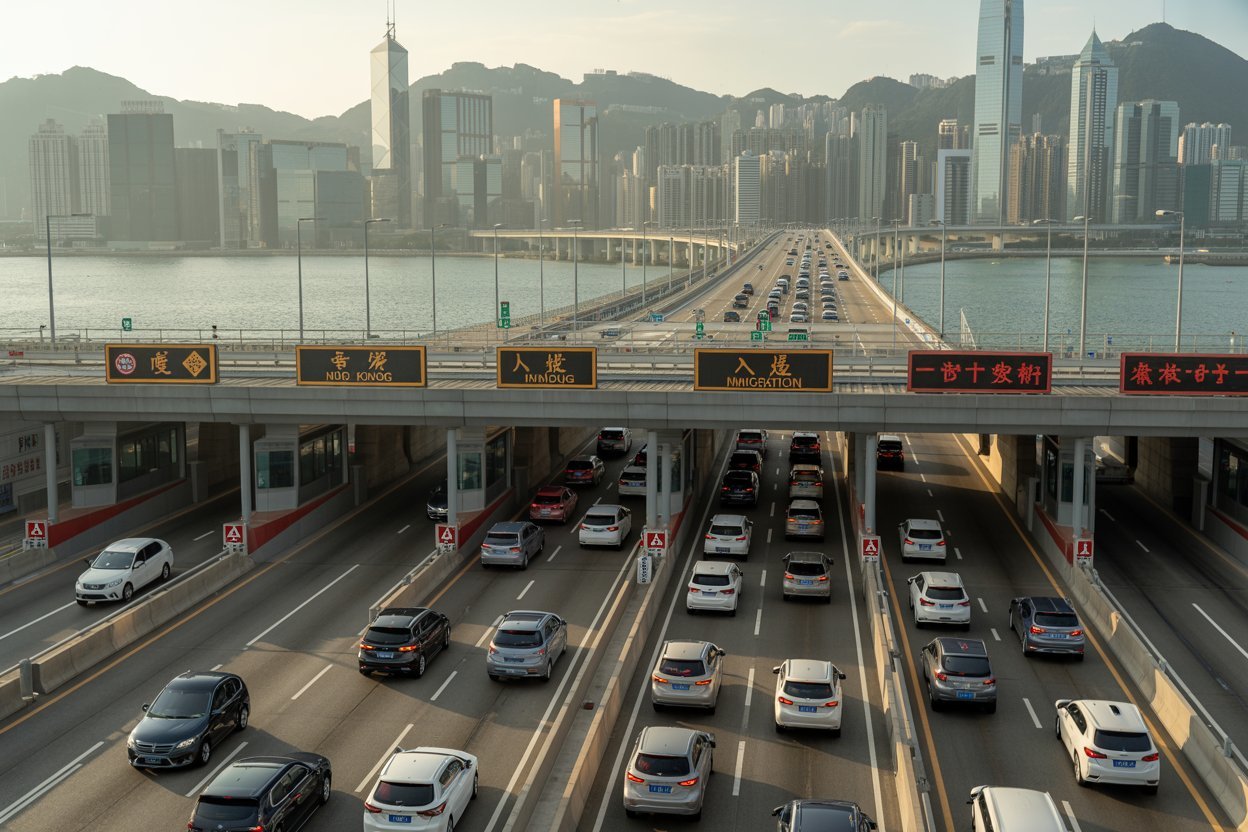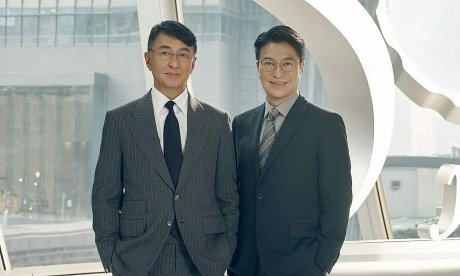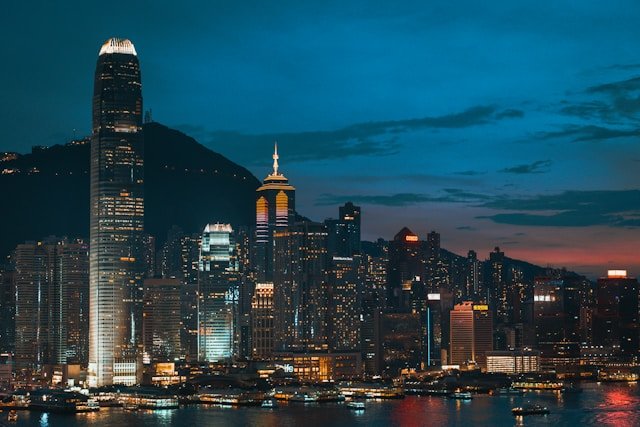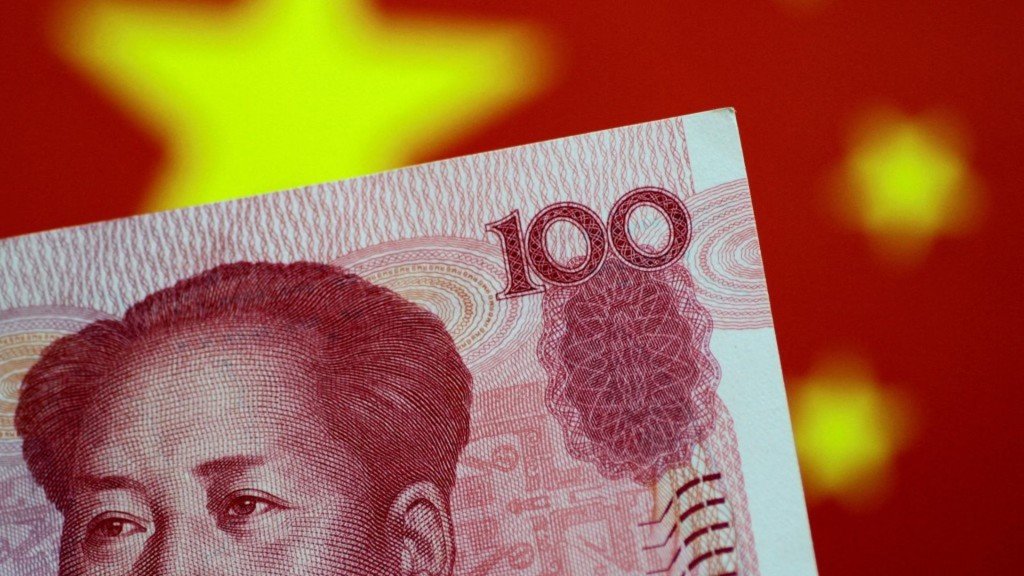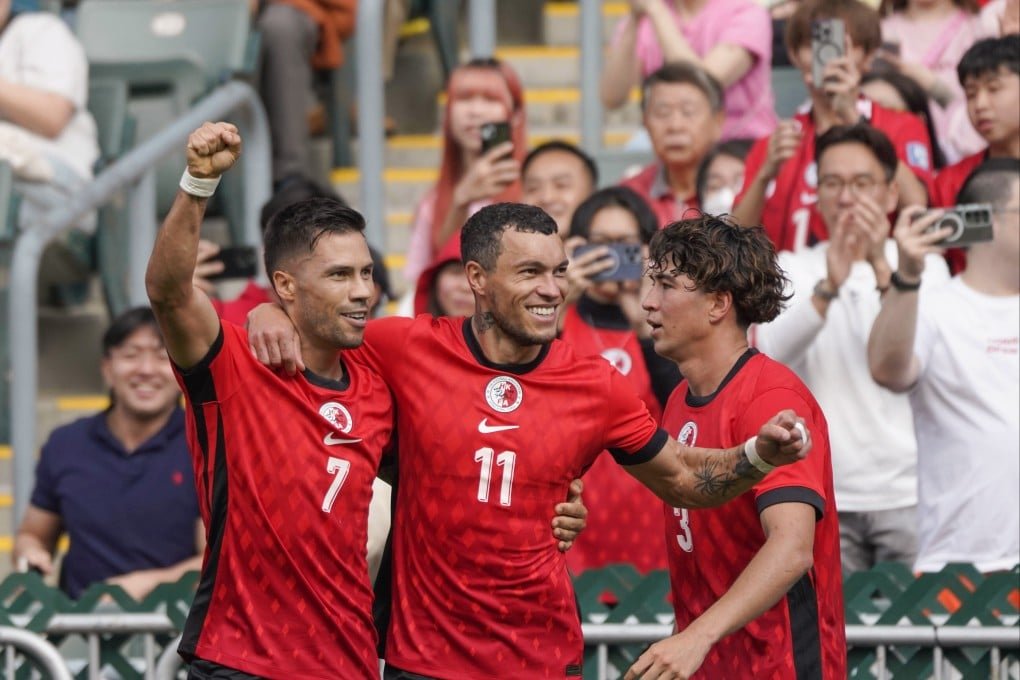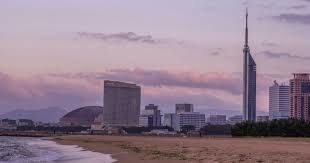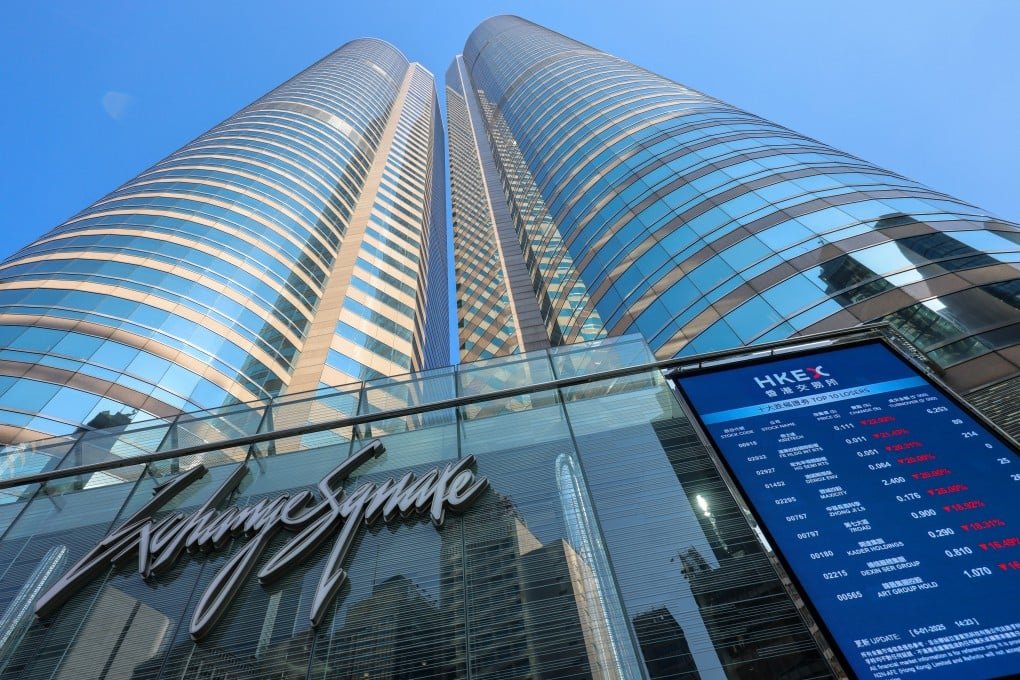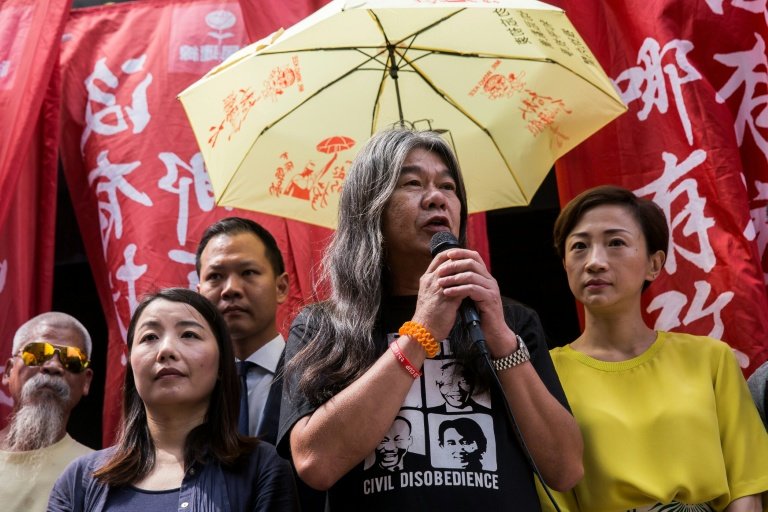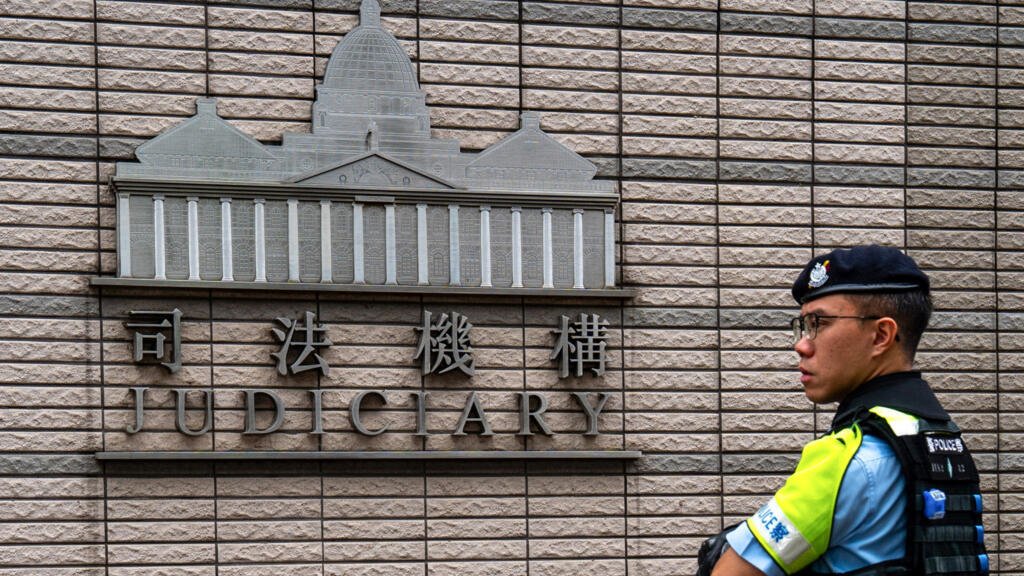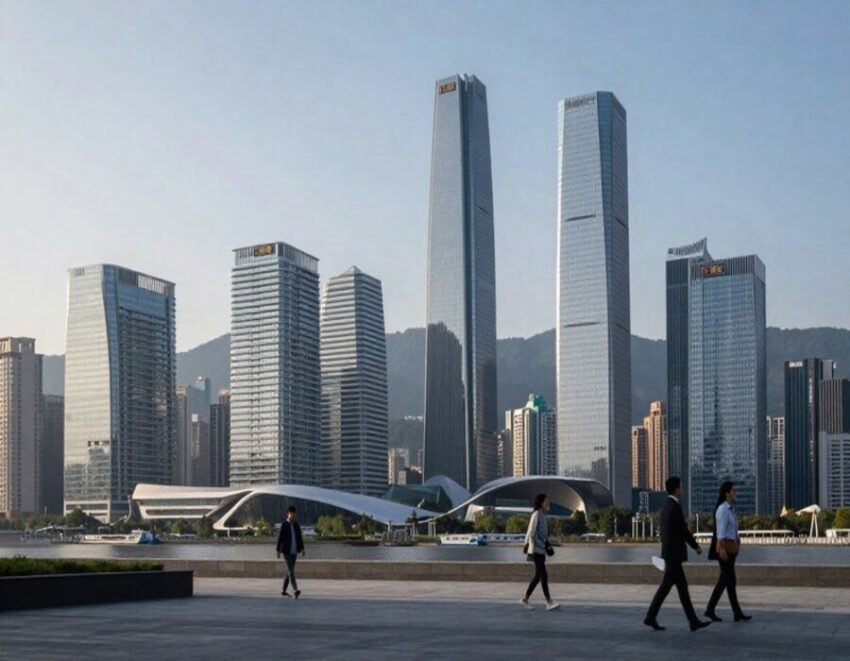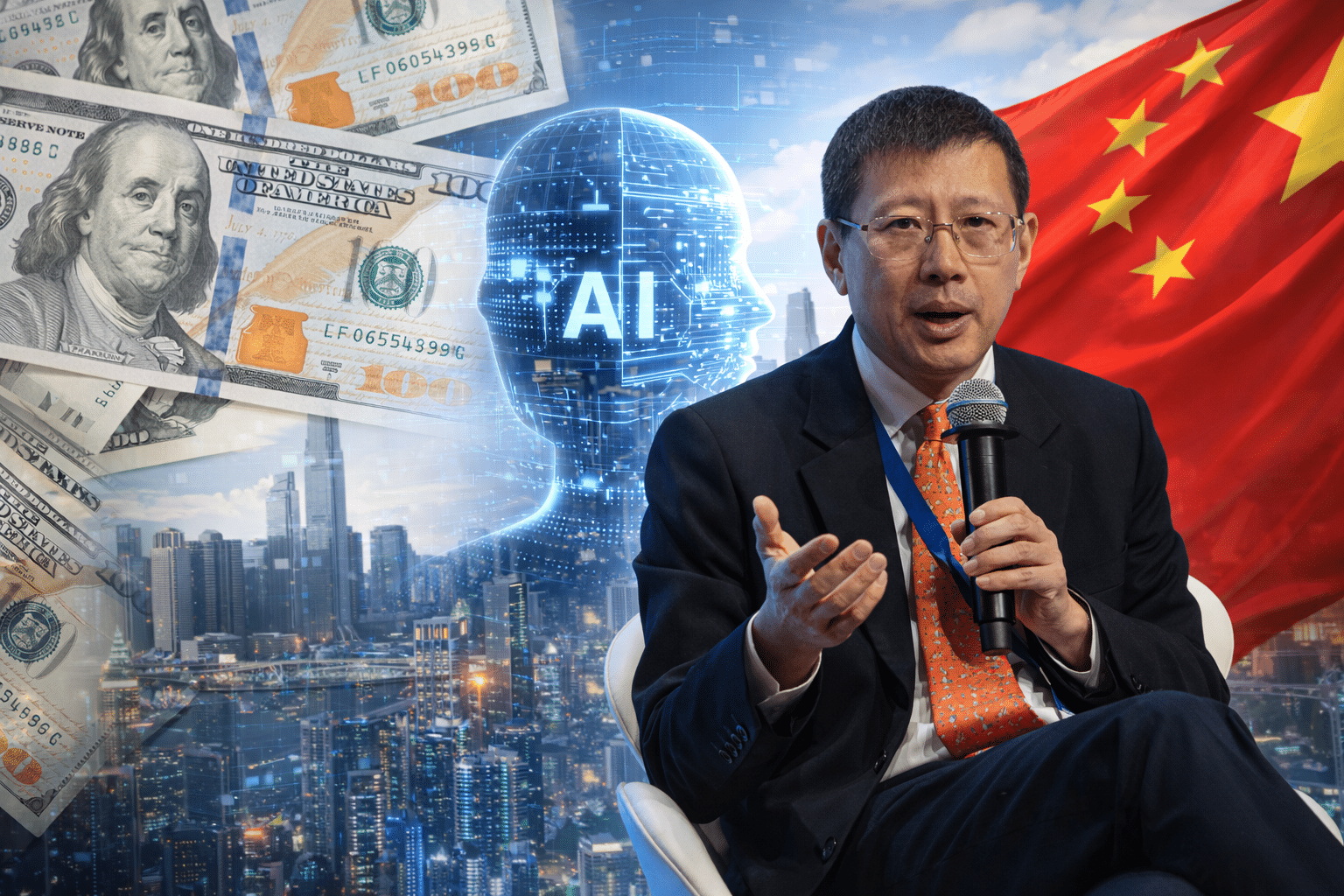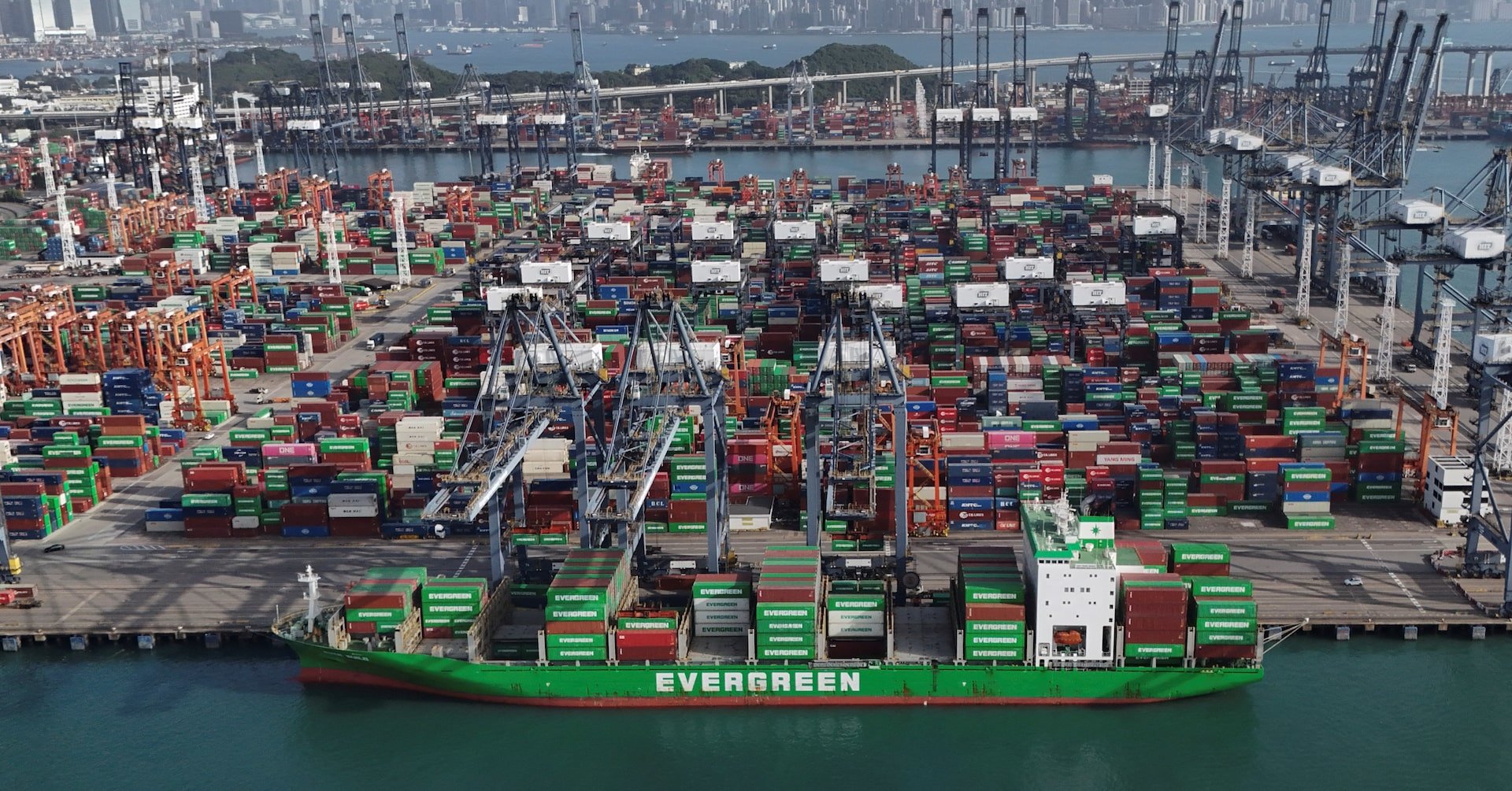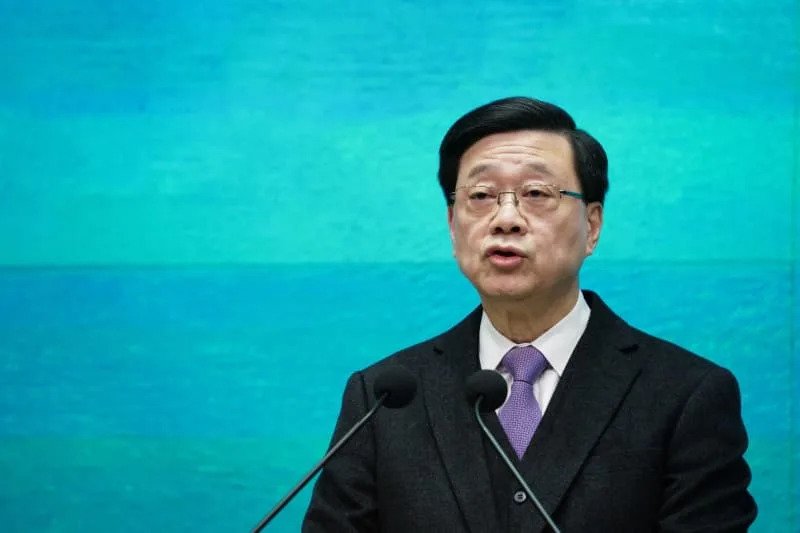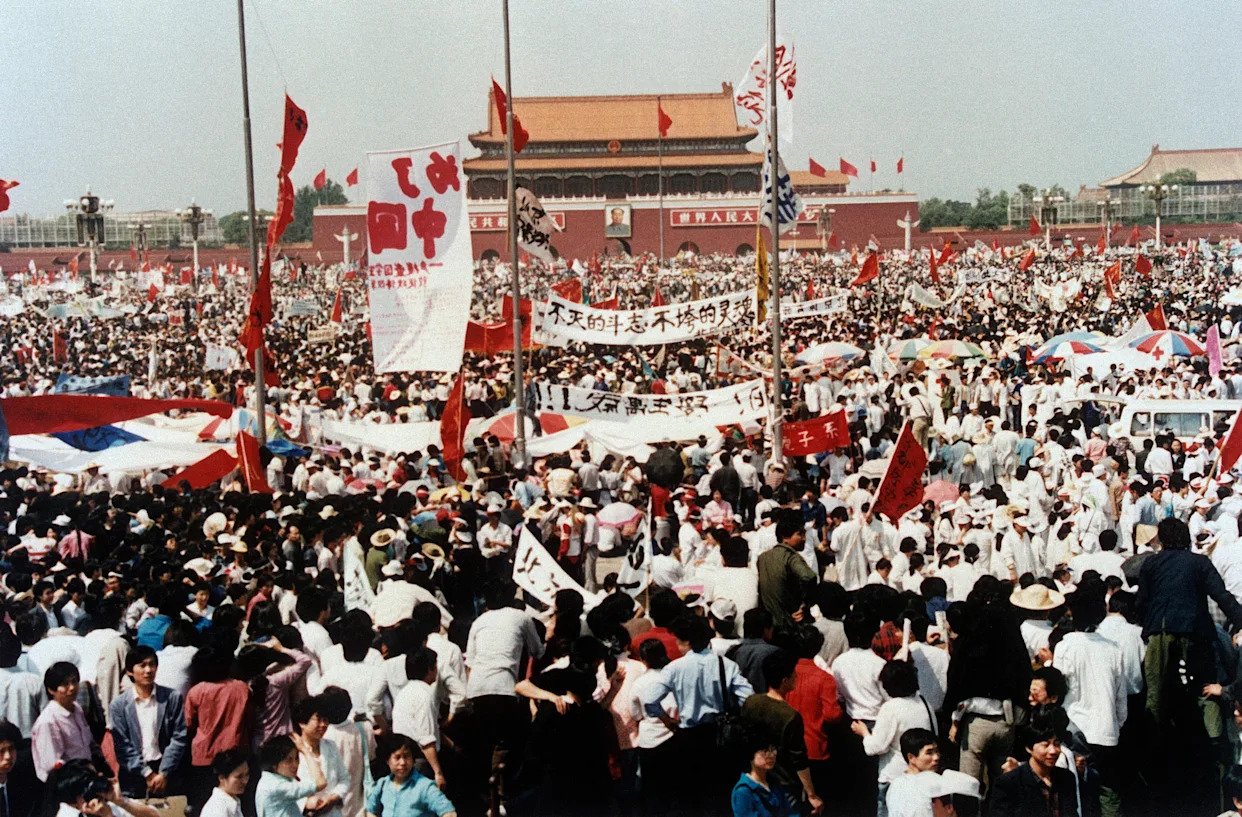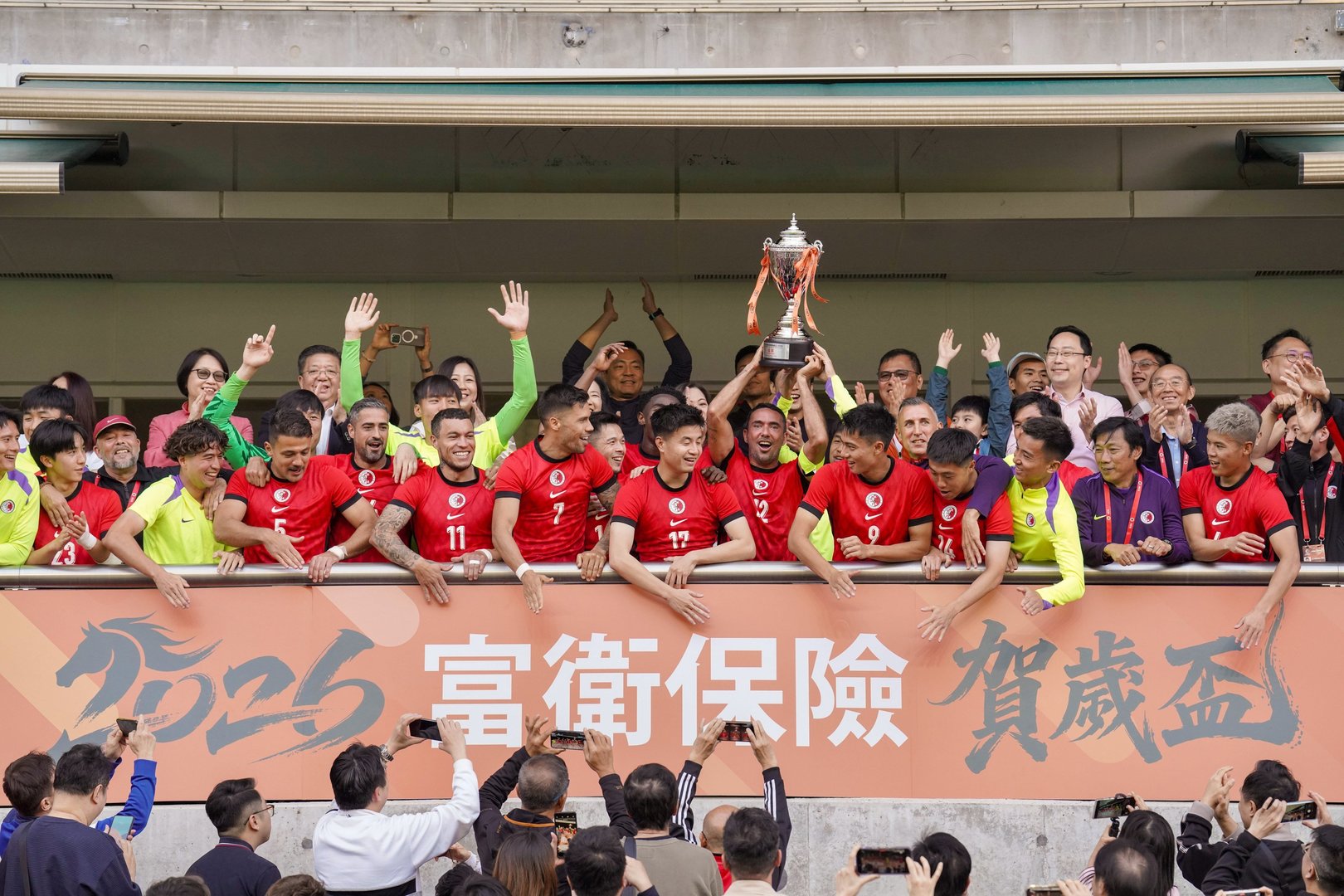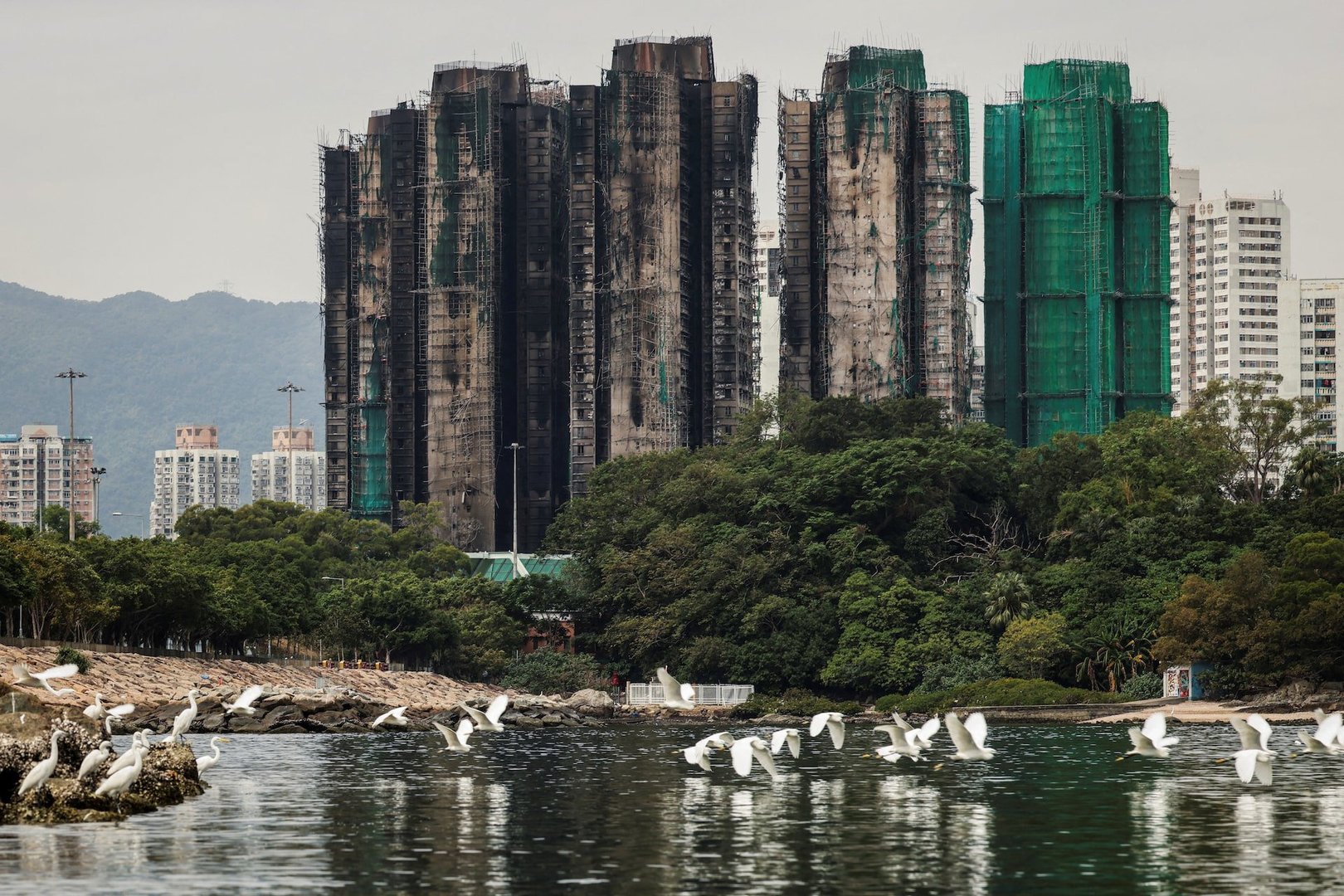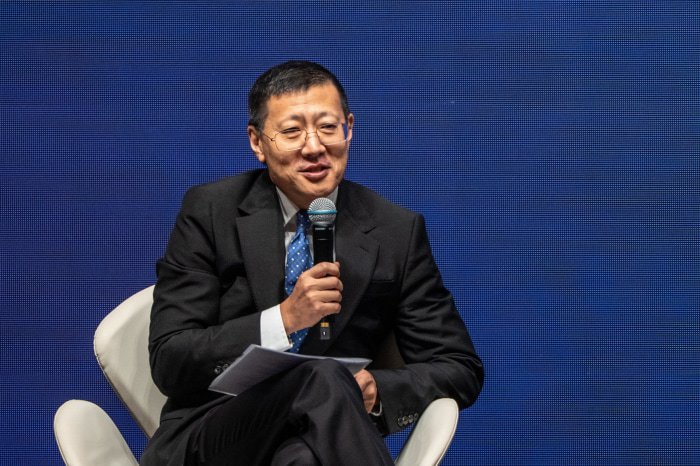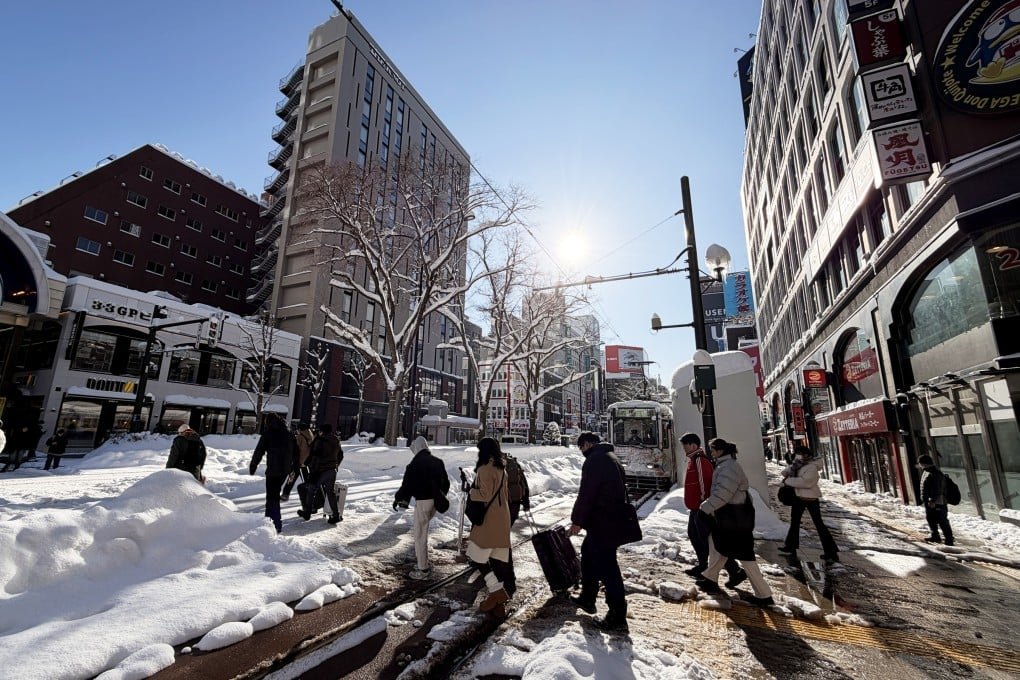
A New York grand jury has voted to indict former President Donald Trump — but don't count on handcuffs.
Don't expect a dramatic, flash-bulb-dappled perp walk.
But yes, there will likely be a mugshot, and fingerprinting, and a mandatory DNA cheek-swabbing, following Thursday's news. There will be an appearance before a judge, and a not-guilty plea — likely, though not necessarily, in open court.
Trump has been indicted in the Manhattan district attorney's five-year investigation into his personal and business finances, Insider reported Thursday, but he'll be treated like any defendant moving forward — with many key exceptions. The former president is expected to surrender to authorities next week, according to his lawyer Joe Tacopina.
Here are predictions for how his arrest and arraignment might roll out, courtesy of some of Manhattan's top defense lawyers, former high-ranking prosecutors, and a retired Secret Service special agent.
At what precise millisecond is Trump, officially, a perp?
Here's how it plays out in state court in New York.
Trump was officially indicted in the instant that the grand jury foreperson signed his indictment, a document listing the charges the former president — plus any co-defendants — is alleged to have committed.
This could have happened immediately, right after the grand jury voted to indict.
"That's called 'walking it through,'" explains Diana Florence, a former white-collar crime prosecutor for the Manhattan district attorney's office.
It was not immediately clear when exactly the jury voted to indict Trump, though The New York Times reported that they voted on Thursday, citing five people familiar with the matter.
But the foreperson signature could also have come days after the vote, Florence said.
"Prosecutors can say, we don't have the draft indictment ready," Florence said, especially if the grand jury votes "yes" for some counts and "no" for others.
"They can tell the foreperson come back two weeks from Wednesday, or something," to sign the revised indictment, Florence said.
However long that signature took, it was only at that crucial moment — foreperson's pen to paper — that Trump became the first former president in history to face criminal charges.
So what'll it say?
The consensus among experts, Trump's defense team, and a trail of breadcrumbs left for hungry reporters by star witness Michael Cohen, is this: the indictment will likely list multiple counts of falsifying business documents.
Those low-level felony charges will likely relate to the 2016 election-eve hush-money payment to Stormy Daniels. They carry a potential maximum sentence of four years in prison. But a judge could also set a sentence of as little as zero jail plus probation.
Can we see it? Can we? Please?
Not so fast.
The indictment starts out as a sealed document.
Ink still wet, it's handed back to the prosecutor, then delivered under seal to the central clerk, whose office manages the paperwork for Manhattan felonies.
There, the indictment is assigned an identifying docket number, stuffed into a wide, otherwise empty folder called an indictment jacket, and then tucked away in a locked file where not even Trump or his lawyers can get to it.
In these early hours and days, only the grand jurors, Manhattan District Attorney Alvin Bragg, and a select few prosecutors who actually worked the case will know what's inside this yawning, indictment jacket.
There could always be a leak, of course, somewhere between indictment and arraignment, which is the court proceeding where Trump is likely to plead not guilty.
And the DA could always ask the judge to unseal the case early, according to veteran Manhattan defense lawyer Ron Kuby, "given the public interest in the case."
But typically, only in a courtroom, during arraignment, will the physical indictment — in stapled, hard copy form — be handed to the defense team.
Whenever the judge unseals it — either at the arraignment, or earlier on Bragg's request — the district attorney's office will probably quickly release PDF copies to the press and post it on the DA website. At which point the historic document will blow up Twitter feeds worldwide.
Who gives Trump the news?
That would be his lawyers.
"As a matter of course, you, the prosecutor, call the defense attorney, and say, 'Okay, he's been indicted, and the indictment has been filed,'" said Florence.
"The prosecutor will say, 'We're looking at, you know, March 27,' or something like that. 'How does that work for you?' And then you negotiate the date for them to surrender themselves."
It's once that surrender date is agreed on that "everybody finds out" Trump has been indicted, even if the charges themselves remain a secret, predicted Kuby earlier this month.
"Half the DA's office and their husbands and wives will know once they set a surrender date. All of Trumpville will know," Kuby said. "Between the two, it'll be out in two hours."
Then Trump turns himself in?
That's what typically happens in white-collar indictments, said Karen Friedman Agnifilo, a former chief assistant with the Manhattan district attorney's office.
The defendant surrenders at the DA's headquarters in Lower Manhattan at a set time on the agreed-upon date and is immediately handed over to the custody of DA investigators — armed peace officers who are often former NYPD cops.
At that point, Trump, if this is how it plays out, would be "under arrest" Friedman Agnifilo explained.
He would be escorted by elevator to the seventh or ninth floor to be booked. DA investigators would take his prints and mugshot. They'd swab his cheek to get a mandatory sample for New York's DNA database. They'd take his "pedigree" information.
"That's where you lie about your height, lie about your weight," cracked Kuby. "'I'm six-three and 205 pounds.' Sure you are. Color of hair? 'Orange.'"
A small Secret Service detail would accompany Trump every step of the way — as he arrives, as he's booked, and as he waits for his prints to come back clean, meaning no outstanding warrants, from the FBI database.
They'd be there as he is then escorted to the arraignment courtroom, through the arraignment itself, and as he leaves.
"The Service won't abandon its mission," says Bill Pickle, the former special agent in charge of Al Gore's vice presidential detail.
Pickle predicts that given the long, excellent relationship between Secret Service and New York City law enforcement — in the one city presidents visit most often — all those details will be easily worked out.
"They will never leave him, no," Pickle said of Trump's detail.
Once his prints come back, Trump, if he were any other high-profile white-collar perp, would be walked in handcuffs by DA investigators down a courthouse hallway — with the press shouting and filming from behind barricades — to the courtroom.
There, he'd see the hard copy indictment for the first time, and plead not guilty, or his lawyers would enter that not-guilty plea on his behalf.
So that's how it'll go?
It's a very possible scenario.
Bragg, the district attorney, could well decide he's doing this one by the book, with no preferential treatment, and Trump would move from surrender to booking to arraignment just like any other white-collar defendant.
But nothing about this surrender, booking, and arraignment will be typical, experts predict.
But they gotta arrest him, right? If he's indicted?
Calm down. Not necessarily.
Trump could be arraigned without ever spending a moment in custody, according to a former top prosecutor in the office of the previous Manhattan district attorney, Cyrus Vance.
"My strong bet, and it's what I would do, is that they not arrest him," said the ex-prosecutor, speaking anonymously because they were not authorized to comment on the case.
"Instead, the court could issue him a criminal summons," an order directing him to appear for arraignment, they said. "He would appear in court and then get printed before or after. No cuffs."
Would they do that? "Who knows," they said. "But logistically, it's the only thing that makes sense. Some would criticize that he's being treated differently. OK. He is different. And this is unprecedented. I would not arrest him, or, at worst, I would have it done in the back of the courtroom."
So, he'd still have to come to court?
Again, not necessarily.
"It is possible they could schedule a virtual arraignment, and go through the booking procedure later, which is not typical, but they could do that," Kuby said.
"The judge would have to agree, the defense and prosecution would have to agree, and there would have to be some follow-up," to get Trump printed, mugshot, swabbed, Kuby said.
"But there's no legal reason why a defendant cannot appear for their arraignment virtually."
Arraign him virtually? What?
I know. The biggest courtroom drama in the history of the US presidency could quite possibly be broadcast on Zoom.
Trump could conceivably do it all from Mar-a-Lago, in a suit and pajama bottoms. This is highly unlikely, but possible.
No handcuffs? No perp walk?
All of this will ultimately be Bragg's call.
But even if Trump does need to surrender in person, Secret Service would likely give the perp walk a hard pass.
"That walk is not going to happen," said Pickle, the former Secret Service special agent. "You're not going to expose him to people who could cause him harm."
"My guess," he added, "is this is going to be a much more sedate event than you envision."
As for letting Trump be seen in handcuffs, even left-leaning defense lawyers believe that would expose Bragg, a Democrat, to accusations of election meddling, and of political bias.
Handcuffs would severely limit the former president's mobility in the event, heaven forbid, of an emergency. And an image of Trump in handcuffs would enrage Trump's base.
It would be a bad look all around, said Kuby.
"I mean the man is beloved by 20 percent of the American population. Admittedly they're fascist psychos," Kuby deadpanned.
"But still. Why contribute to a perception of unfairness?"
Would Trump stay out on bail?
Yep. It's pretty much a certainty that Trump would remain free, and likely without any bail set at all.
Under New York's recently-reformed, progressive bail laws, defendants can only be ordered held on bail if the judge finds they are a flight risk.
"Happily, under the current bail laws, you cannot consider whether he constitutes a danger to the community," quipped Kuby, an avowed liberal.
"I think nine out of ten jurists would find that Donald Trump constitutes a clear and present danger, but those woke liberals prevented that from happening with New York's bail laws," he added.
"Oh, if only they could consider future dangerousness, and the likelihood of committing another crime, like in the old days," he joked.
